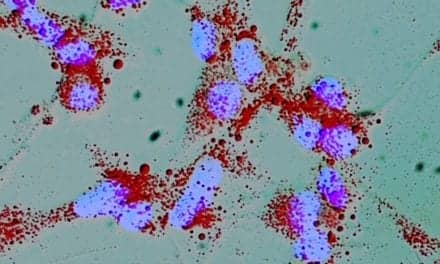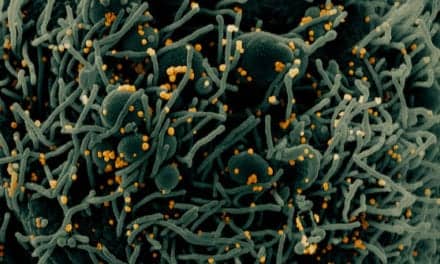ProteoMediX AG, Zurich-Schlieren, Switzerland, has announced the results of a retrospective study demonstrating correlation of the company’s prostate cancer diagnostic with cancer aggressiveness in patients scheduled for prostate biopsies. Presented at the 2018 congress of the European Association of Urology (EAU), the findings showed that the test has the potential to render unnecessary a large number of biopsies.
“Correlation with high-grade cancer is an important finding, as it shows the potential to lower overdiagnosis and overtreatment when using the ProteoMediX test in men scheduled for biopsies,” says Helmut Klocker, Dr rer nat, study investigator from the Medical University of Innsbruck, who presented the study results at the EAU congress. His work was named the best poster presentation of its session.
The prostate-specific antigen (PSA) test is used routinely in prostate cancer diagnosis, and often leads to overdiagnosis (false-positive results), especially in men with enlarged prostates. The retrospective study of the ProteoMediX test included 483 samples collected from men before a prostate biopsy at the Medical University of Innsbruck. The ProteoMediX test showed a high correlation with prostate cancer aggressiveness, and at the same time demonstrated that physicians could use the test to avoid performing a large number of biopsies.
The findings were independently validated through testing of a cohort of 474 samples taken from patients undergoing biopsies at the Martini Clinic, a private clinic of the University Hospital Hamburg-Eppendorf. Similar to the observations made at the Medical University of Innsbruck, the test showed a high sensitivity of 90% for high-grade prostate cancer (Gleason score >6), with a negative predictive value of 93%, making it very unlikely that a case of aggressive prostate cancer would be missed. In addition, 152 out of 368 biopsies with no or low-grade cancer (41%) could have been avoided using the test.
“Patients investigated in this study with enlarged prostates and often false-positive PSA test results are one of the most difficult groups to diagnose with prostate cancer,” says coinvestigator Thomas Steuber, MD, of the Martini Clinic. “We showed that the ProteoMediX test has the potential to avoid prostate biopsies while accurately predicting significant prostate cancer.”
For further information, visit ProteoMediX.





Dear Srs
I will appreciate information about availability of this test
Regards
Alvaro Velez